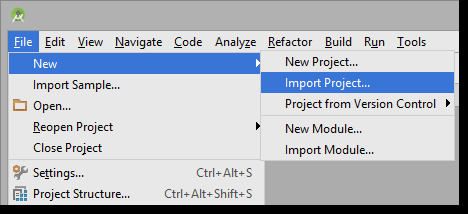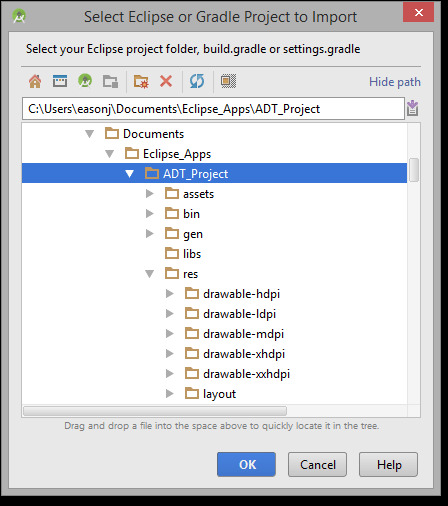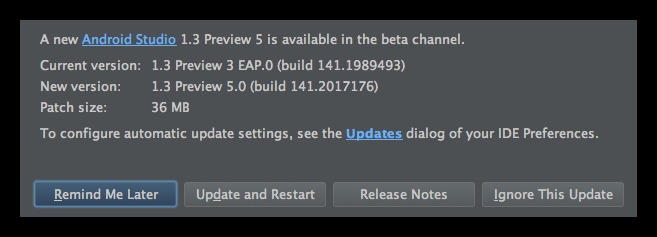Sundown On Eclipse - Google Pushes Devs To Android Studio
Google announces that Eclipse Android Developer Tools kit will no longer be officially supported by the company for Android app creation. This afternoon Jamal Eason, Product Manager for Android, made clear that Google would be "ending development and official support for the Android Developer Tools (ADT) in Eclipse at the end of the year." Both the Eclipse ADT plugin and Android Ant build system will still exist, of course, but Google won't be lending their help to anyone still using them at the end of December.
It's time to move on, says Google. You need to change, and you need to change as soon as possible. It's time to use Android Studio, Google's newest and most all-inclusive place to create software for Android devices. As shown below, moving projects from one place to the other is relatively straightforward.
Step 1: Inside Android Studio, you'll go to File – New – Import Project.

Step 2: You'll select your ADT_Project file folder, wherever that might be fore you on your computer. Here this developer has it in C:\Users\Username\Documents\Eclipse_apps\ADT_Project – easy enough.

Android Studio is here, and has been here, for more than two years.
Was that enough time for you, a developer, to make the transition?
Those of you using NDK may not be super enthusiastic about the change. As Android Police suggests, Android Studio just started supporting C and C++ this past month with version 1.3 and is itself only in 1.3 Beta right this minute.

It's a preview.
We can expect it to be out in full form by the end of the year.
Hopefully before December.
"Over the next few months," said Eason, "we [Google] are migrating the rest of the standalone performance tools (e.g. DDMS, Trace Viewer) and building in additional support for the Android NDK into Android Studio."
Of course those of you that demand to use ADT won't need to fret. ADT plugin and all related toolsets inside Eclipse are all open source. There'll almost certainly be supporters out in the wild in the near future – more than there are right now – but no Google.
